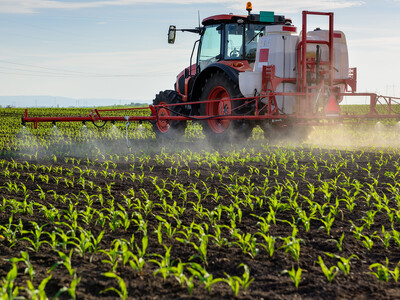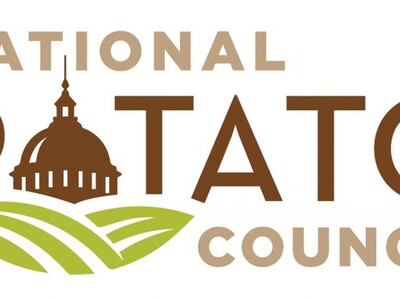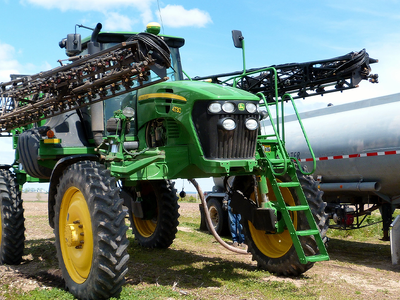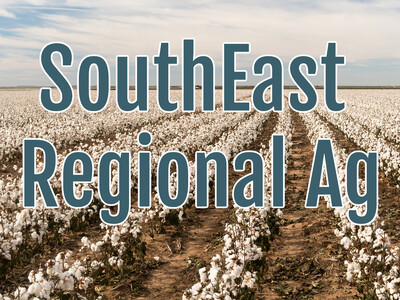Pesticide Operator Fined & Supporting New Farmers
Pesticide Operator Fined & Supporting New Farmers plus Food Forethought. I'm Greg Martin with today's Northwest Report.The Oregon Department of Agriculture has suspended the license of a commercial pesticide operator based in Eugene following an incident that has left an estimated 1,000 bees dead at a north Eugene apartment complex. The action taken against Glass Tree Care and Spray Service comes as ODA continues to investigate violation of the Oregon Pesticide Control Law. The company must comply with specific conditions before the license will be reinstated. ODA will continue its investigation and will pursue additional enforcement action. Glass Tree Care and Spray Service has been cooperative throughout ODA's investigation.
USDA has unveiled a new centralized online resource to support the next generation of farmers. Agriculture Deputy Secretary Krysta Harden says new farmers should visit www.usda.gov/newfarmers.
HARDEN: We're very excited to be able to have folks be able to go to our USDA website, click on a button and be able to navigate all the various tools and resources of USDA. We are really looking at, who's the bench in agriculture. So we are encouraging new folks who may never have been involved in agriculture to really think about that as a career and also folks who grew up on a farm or a ranch to return to that operation. Really thinking about who's going to be producing the food in the future.
Now with today's Food Forethought, here's Lacy Gray.
In a study released earlier this year researchers with the USDA and Iowa State University concluded that when done properly collecting corn cobs, husks and leaves from corn fields for the purpose of producing cellulosic bioethanol is not harmful to the soil or the environment. The six year long study disputes claims from another study by an assistant professor at the University of Nebraska - Lincoln that claimed cellulosic bioethanol from crop residue is worse than gasoline over a five to ten year lifecycle; based on the concept that every leaf removed from a field produces a corresponding loss of soil carbon, which is then emitted into the atmosphere. Similar to many studies on foods and their possible cancer causing abilities the UNL study apparently based its conclusions on a projected biomass removal rate of 75% across the country's largest corn growing region. Experts with the USDA and other ag groups say that would be an excessive biomass removal rate. Even the EPA stated that the UNL study's hypothetical assumption was an extremely unlikely scenario that's inconsistent with recommended ag practices.
Thanks Lacy. That's today's Northwest Report. I'm Greg Martin on the Ag Information Network.














